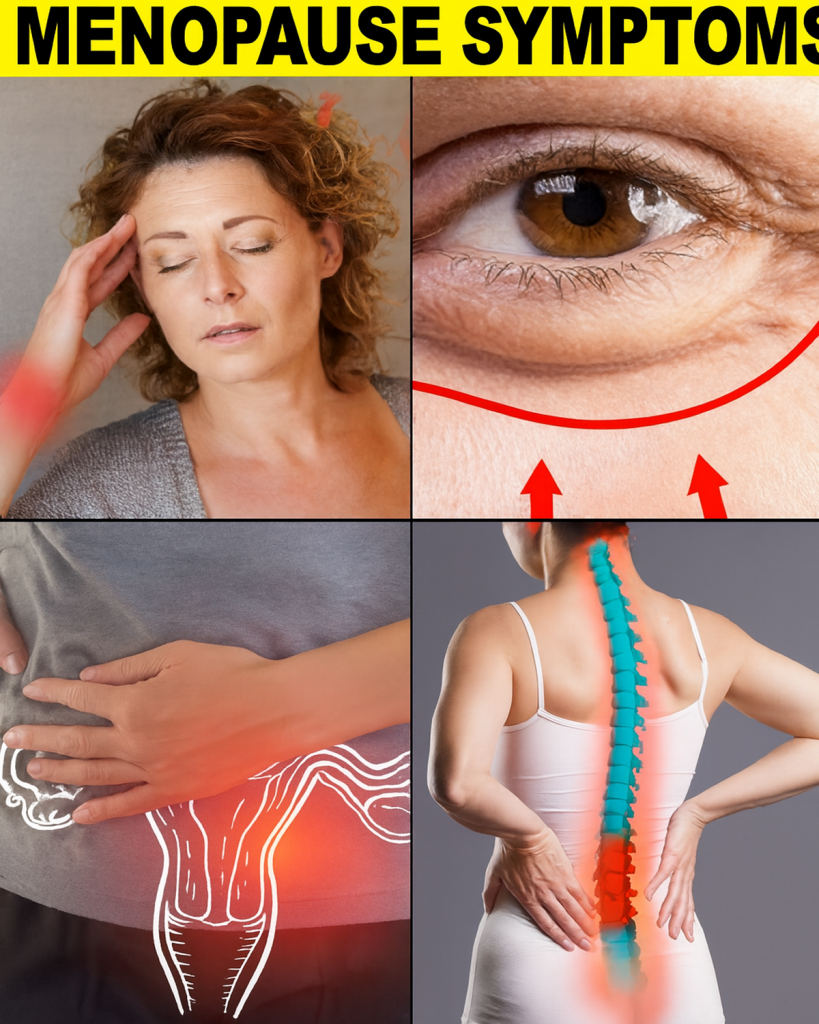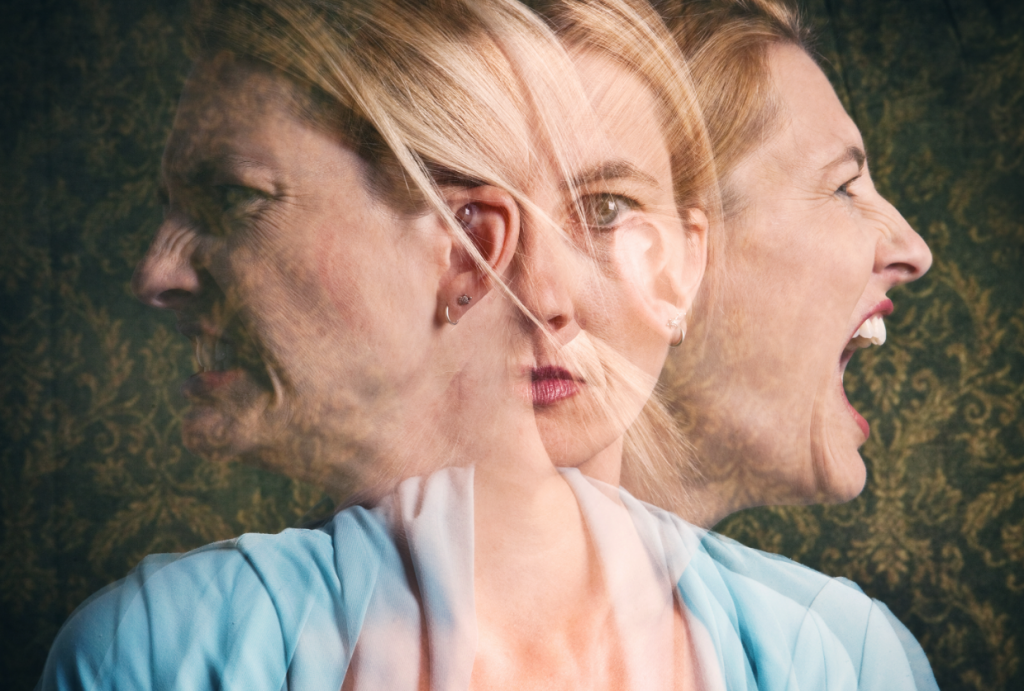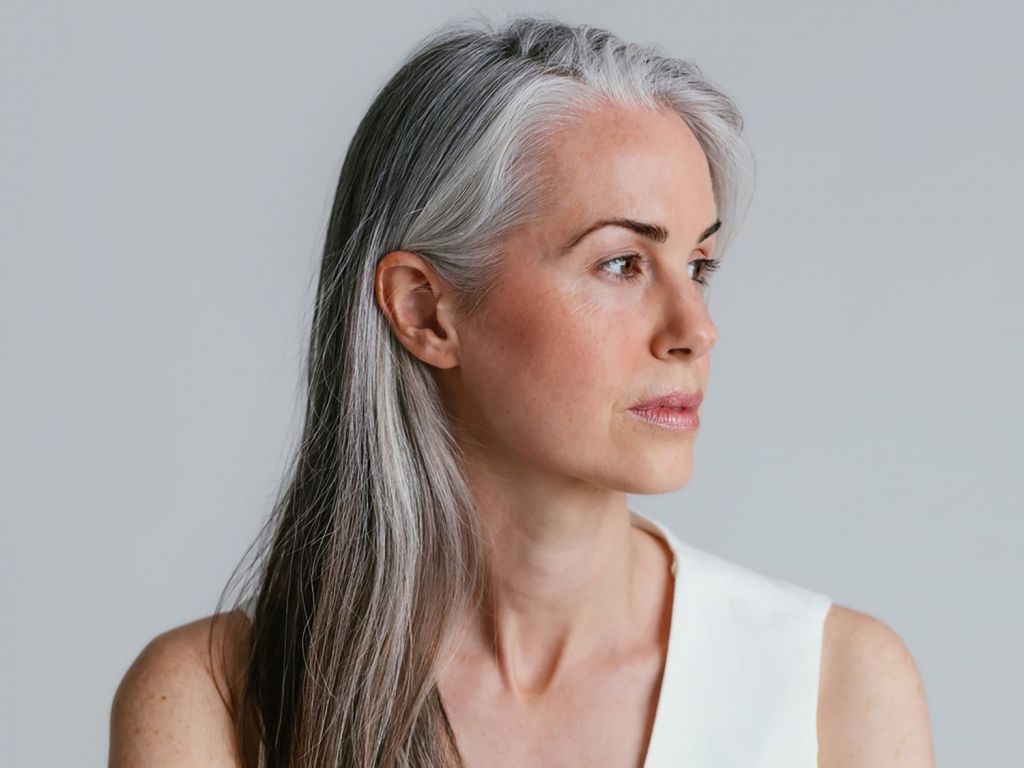Menopause is a natural stage in every woman’s life, yet it often arrives with confusion, questions, and sometimes fear. According to the North American Menopause Society, more than 1.3 million women in the United States enter menopause each year, usually between the ages of 45 and 55. But here’s the surprising fact: the transition often begins years earlier with symptoms that can easily be mistaken for stress, aging, or other health issues.
Are your night sweats, mood swings, or sudden weight changes just “normal” midlife challenges—or signs of menopause? Recognizing the difference matters because understanding what your body is going through allows you to take control of your health, make informed decisions, and ease the transition.
In this article, we’ll walk through the nine most common signs of menopause, explain why they happen, and offer practical advice on managing them. You’ll also read real-life experiences from women navigating this change, so you’ll feel less alone in the process. By the end, you’ll know whether what you’re experiencing could be menopause—and what steps to take next.

What Exactly Is Menopause?
Menopause marks the end of a woman’s reproductive years. It is officially diagnosed after 12 consecutive months without a menstrual period. The transition leading up to it, called perimenopause, can last anywhere from 4 to 8 years and is when most symptoms begin.
Key Hormonal Shifts
| Hormone | What Happens | Effect on Body |
|---|---|---|
| Estrogen | Declines gradually | Affects bones, heart, skin, mood |
| Progesterone | Declines faster | Causes irregular periods |
| Testosterone | Lowers with age | Impacts libido and energy |
These hormonal shifts explain the wide range of symptoms many women experience.
9 Signs You’re Actually Going Through Menopause
1. Irregular Periods
One of the first indicators of perimenopause is a change in menstrual cycles. Periods may become shorter, longer, heavier, or lighter before stopping completely.

2. Hot Flashes and Night Sweats
Sudden waves of heat, flushing, and sweating are classic menopause symptoms. Night sweats can disrupt sleep and cause fatigue.
3. Sleep Problems
Hormonal changes can interfere with your natural sleep cycle. Many women report difficulty falling asleep, frequent waking, or restless nights.
4. Mood Swings and Irritability
Declining estrogen affects serotonin, the “feel-good” brain chemical. This can trigger mood swings, anxiety, or even mild depression.
Case Study: Anna, 49 – “I thought I was just stressed from work, but the mood changes and sleep problems lined up with perimenopause. Once I understood that, I felt less guilty and more prepared.”

5. Weight Gain and Slower Metabolism
Hormonal shifts make it easier to gain weight, especially around the belly, even without changes in diet or exercise.
6. Vaginal Dryness and Discomfort
Lower estrogen reduces natural lubrication, leading to dryness, itching, or discomfort during intimacy.
7. Lower Libido
Many women notice a drop in sexual desire due to hormonal changes, fatigue, or mood swings.
8. Memory Lapses or “Brain Fog”
Difficulty concentrating or remembering simple things can occur. While concerning, these symptoms often improve with lifestyle support.
9. Changes in Hair and Skin
Estrogen influences collagen and hydration. Its decline may cause drier skin, thinning hair, or brittle nails.

How to Manage Menopause Symptoms Naturally
Lifestyle Adjustments
- Balanced diet: Include calcium-rich foods, lean protein, and fiber.
- Exercise: Strength training and cardio help manage weight and protect bones.
- Stress management: Yoga, meditation, and breathing exercises improve mood and sleep.
- Hydration: Helps reduce bloating and supports skin health.
Natural Remedies and Support
- Herbal teas: Black cohosh and red clover may ease hot flashes.
- Supplements: Omega-3s, vitamin D, and magnesium support hormone balance.
- Cooling strategies: Layered clothing, breathable fabrics, and fans for hot flashes.
Case Study: Maria, 52 – After struggling with night sweats, she added magnesium supplements and yoga to her routine. Within a few weeks, she noticed calmer sleep and improved mood.

When to See a Doctor
Seek professional guidance if symptoms become severe, affect daily life, or you’re unsure whether they’re related to menopause or another health issue. Hormone replacement therapy (HRT) or other treatments may be recommended in certain cases.
Myths and Misconceptions About Menopause
- Myth: Menopause happens overnight.
Reality: It’s a gradual transition lasting years. - Myth: Only older women experience it.
Reality: Symptoms can begin in the early 40s or even late 30s. - Myth: Nothing can be done to manage it.
Reality: Lifestyle, diet, and medical support can dramatically improve quality of life.
Conclusion
Menopause is a natural transition, but its symptoms can feel overwhelming if you don’t understand them. Recognizing the nine key signs—irregular periods, hot flashes, sleep disturbances, mood swings, weight changes, vaginal dryness, low libido, brain fog, and changes in skin or hair—empowers you to take control of your health.
Quick Takeaways (FAQ Style):
Is menopause the same for every woman? No, symptoms vary widely in intensity and duration.
Can lifestyle changes really help? Yes, diet, exercise, and stress management significantly ease symptoms.
Should I consider hormone therapy? It depends—consult your doctor to discuss risks and benefits.
Can menopause affect mental health? Yes, mood swings and anxiety are common, but manageable with support.
Disclaimer: This article is for informational purposes only and should not replace professional medical advice. Always consult a healthcare provider for personalized guidance.




